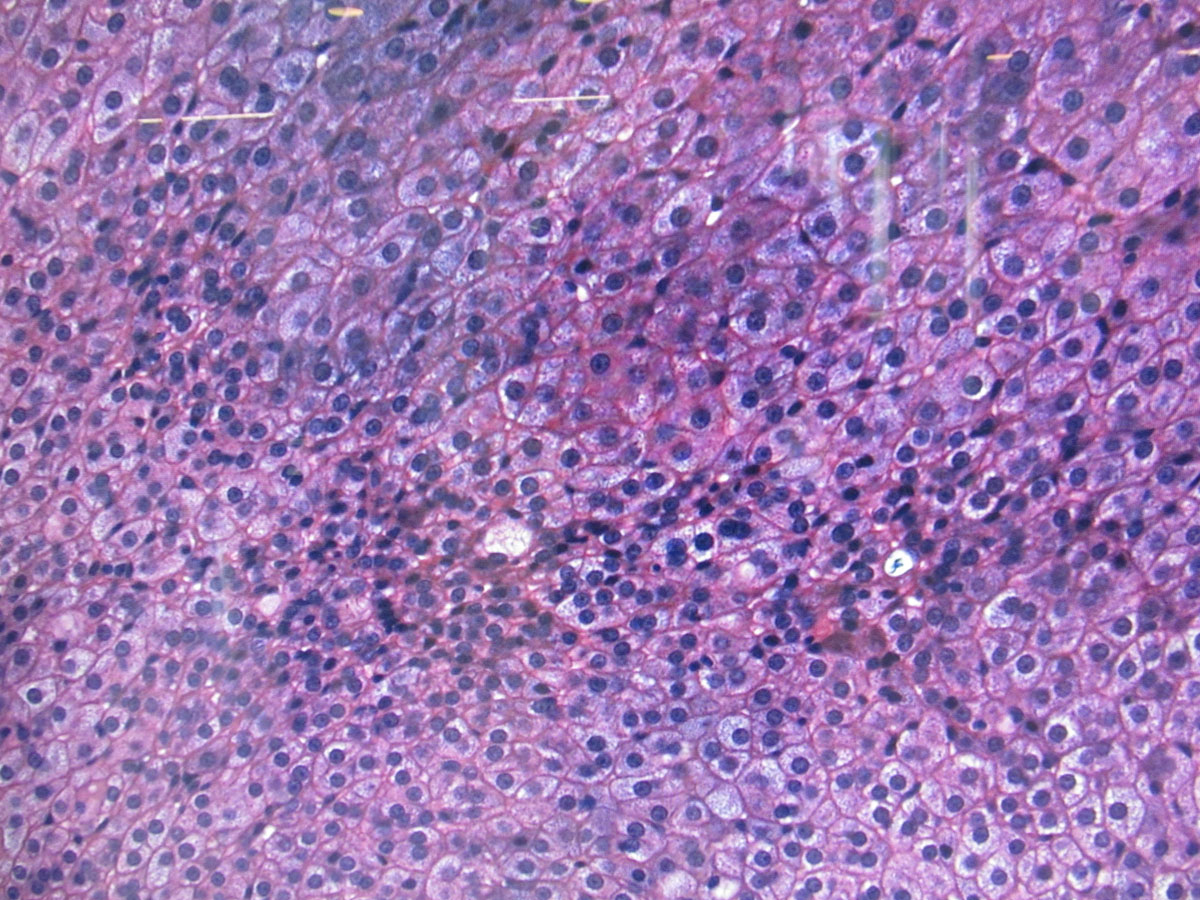Sitra-funded research is paving the way for better use of genetic information in healthcare.
Sitra is backing a new project – the first of its kind in the world – designed to use genetic information as a preventive healthcare tool.
In the recently launched CardioCompass project, a cardiovascular risk profile is drawn up for members of a test group by combining genetic data with information about each individual’s lifestyle and health. The project studies the methods of providing risk-related information to people, the test group’s reactions to the information, and the usefulness of the information.
“The project studies, for example, the ways of providing people with health-risk information based on human genome research data. We also examine the ways this information is used in preventive healthcare and its usefulness with respect to individual health behaviour,” says the director of FIMM (Institute for Molecular Medicine Finland), Professor Olli Kallioniemi.
“Finland and many other countries are producing a wealth of information on the human genome. Finnish genetic research is world class. However, we are still struggling to find a way to exploit this information, especially in helping people to lead a healthy life. This is what our project is all about.”
The test group comprises approximately 200 people, who provide a blood or saliva sample for the risk assessment. The samples are taken at a blood donation facility run by the Finnish Red Cross Blood Service in Helsinki, from where they are forwarded for analysis to FIMM.
In addition to genetic factors, the test persons’ other risk factors, such as dietary and exercise habits or smoking, are taken into account. Combining such lifestyle-related information with a person’s hereditary risk factors enables the comprehensive assessment of cardiovascular disease risks.
The biggest killer in Finland
The project includes developing an online service through which people can obtain information on their genetic risk factors and the risks related to their personal state of health. The transfer of genetic information from a laboratory to an individual’s personal online health account is also being tested for the first time in Finland in this project. This practice allows individuals to have permanent access to their genetic information and to make decisions on how it is used.
The test group is then provided with information on cardiovascular diseases and the related risks, the meaning of hereditary risks, and the opportunities to influence these risks through lifestyle choices. Project participants can make their own decision on whether or not to discuss their personal results with a healthcare professional.
“We wish to provide Finns with a safe method of finding out their hereditary susceptibility to diseases and with the ownership of their personal genetic information,” says director Antti Kivelä from the Finnish Innovation Find Sitra. “In this project, the test persons’ results are recorded in their personal online health accounts, accessible only via a secure login system.”
CardioCompass is being launched at a time when cardiovascular disease remains the most common cause of death in Finland, despite improvements in the lifestyles of the Finnish population and in treatment methods. Men have a greater risk of cardiovascular disease than women. The risk is influenced by several factors, such as age, blood lipids, or smoking. Research has shown that the impact of the human genome on the risk of cardiovascular disease is equal to that of high blood pressure or smoking.
The project is being carried out by the Institute for Molecular Medicine Finland (FIMM), the Finnish Red Cross Blood Service and the Finnish innovation Fund Sitra.
For further information please contact:
Antti Kivelä, Director, Sitra. Tel. +358 40 482 7435 Antti.Kivelä@sitra.fi
Marja Pirttivaara, Senior Lead, Sitra. Tel. +358 40 766 247 Marja.Pirttivaara@sitra.fi
Elisabeth Widén, Senior Researcher, Institute for Molecular Medicine Finland (FIMM). Tel. +358 50 381 2738 Elisabeth.Widen@fimm.fi
Kari Aranko, Director, Finnish Red Cross Blood Service. Tel. +358 29 300 1569 Kari.Aranko@veripalvelu.fi
Fact Box
- The human genome contains nearly 50 candidate genes for cardiovascular diseases.
- Typically, these hereditary factors are variations of genetic material that commonly occur in the general population and individually have very little impact on the risk of developing a specific disease.
- The genome analysis performed on people in this project covers all the genetic variations of the human genome linked to cardiovascular diseases by previous research.
- A comprehensive heart disease risk assessment is also performed on those being tested, on the basis of the health information they have provided.
Keywords:
DNA
A nucleic acid that is the substance containing and transferring the hereditary information of an organism’s (human, animal, plant, etc.) cell. Mainly located in the chromosomes, forming a double-stranded helix. Humans have around three billion base pairs in each of their cells.
Gene
A DNA sequence controlling a hereditary trait, containing the information for manufacturing a protein or an RNA molecule. Genes are thus composed of DNA. A human has around 24,000 genes.
Genetic test/genetic analysis
A laboratory test in which DNA is analysed, and genes or gene mutations are identified in the genome (synonym: DNA test).
Genetic or hereditary susceptibility
The increased hereditary risk of contracting a certain disease, or genetic susceptibility, does not take into account the effects of the environment and the lifestyle, so it does not give the actual total risk.
Genome
The entirety of hereditary information. The complete set of an organism’s DNA: instructions for the operation and building of the system. The genome has a lot of individual variation, some of which makes the organism susceptible to diseases. The genome also contains much DNA that does not code for protein synthesis.
